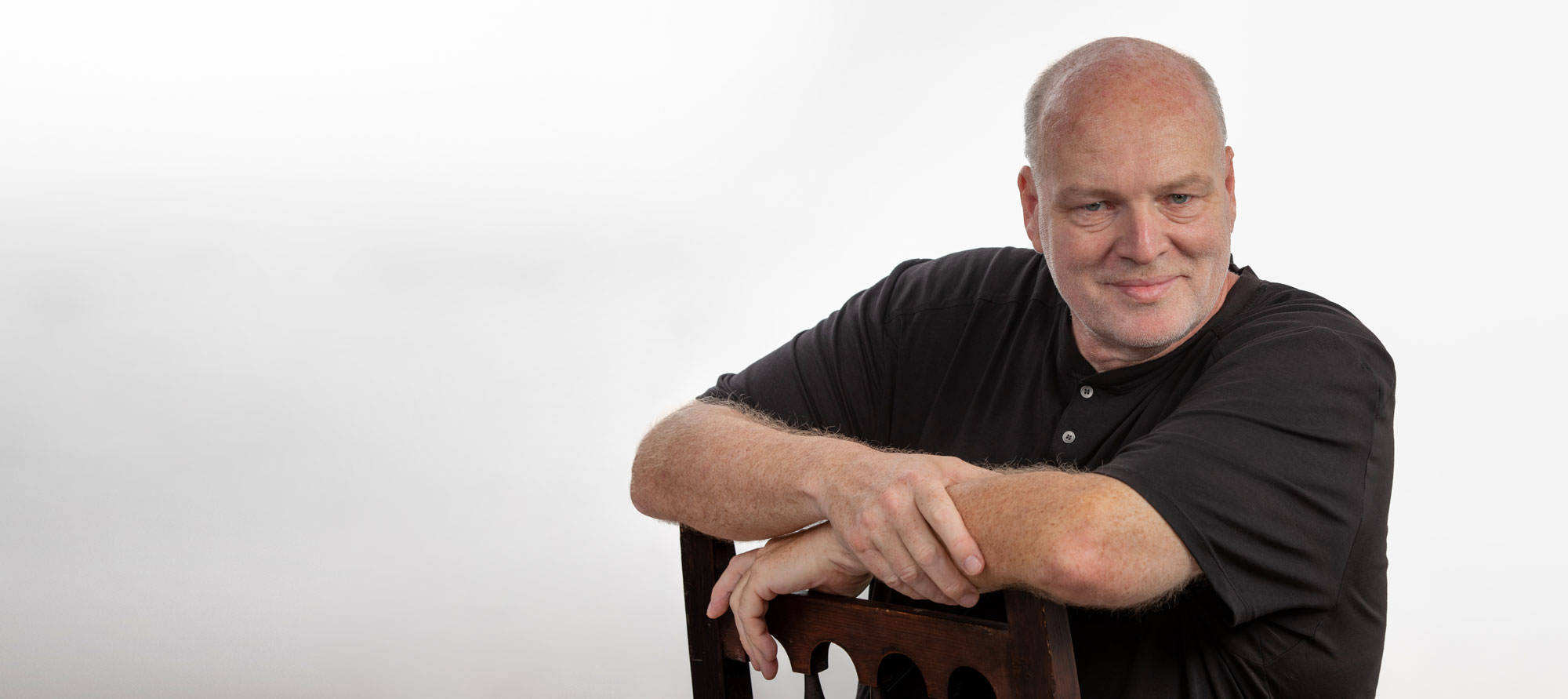If you want to build a house, you will look for a builder who was trained in how to build houses. When you buy a car, you buy it from a company that has a reputation for producing good cars. If you were an event organizer, what would you look for? Would you like to invite somebody who has hardly worked on their act? Would you like to invite a show that looks and feels like the act you had last month? Would you want an original act, or would you just look for somebody who performs “Professor’s Nightmare” like all the other performers?
Most of the magic shops do not carry the props I’m looking for, so I build the props myself. If I were to perform an illusion the way a magic store tells me, then I know that I’ll perform it the same way as the other guy who bought the trick earlier at the store. It is important to be unique. If you still believe in buying at a magic store, do not read the description. Look at a prop and develop your own unique way.
Whatever effects you plan to perform, ask your dream team whether the presentation and communication of the effect is worth your audience's time. If it is not worth the time, don’t do it.
When you finally have your original, creative, and entertaining act worked out, start working on a 60-second-long “elevator pitch” for your act. An elevator pitch is a concise, carefully planned, and well-practiced description of your product (your act) that everybody will be able to understand in the time it would take to ride an elevator. The elevator pitch needs to include a statement or question that piques people's interest to want to hear and see more. If you have done a great job on your act, this part should be the easy part.
In conclusion, I hope that I have raised some valid questions and provided you with some answers that will inspire you to create your own unique, entertaining act.
